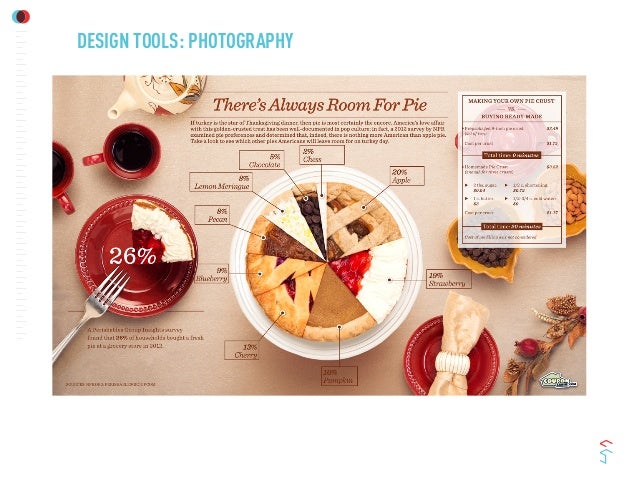What Every Photographer Should Know About Lighting
What Every Photographer Should Know About Lighting
Blog Article
Developed By-Parks Brady
As a digital photographer, you understand that lights can make or damage your images. Comprehending the subtleties of both natural and fabricated light is important for capturing the mood and clearness you go for in your job. Whether you're going after the ideal gold hour radiance or fine-tuning your artificial arrangements, grasping these components can elevate your digital photography substantially. However there are common challenges that lots of ignore, and identifying them can transform your technique to every shoot. Allow's explore what you may be missing out on and how it can affect your outcomes.
Understanding All-natural Light
Comprehending natural light is essential for any type of photographer wanting to enhance their work. It's the foundation of great digital photography, affecting mood, tone, and clarity. When you fire outdoors, take note of the moment of day. The golden hour-- quickly after sunup and before sundown-- uses soft, warm light that can transform ordinary scenes into sensational images.
Do not ignore the power of cloudy days. Cloud cover diffuses sunlight, developing a soft, also light that's best for pictures and macro digital photography. You'll discover colors pop in this sort of lighting without rough shadows.
Placing issues, also. Constantly consider your subject's positioning to the light source. If the sunlight's behind your subject, you may end up with a shape, which can be remarkable yet mightn't be what you want. On the other hand, direct sunlight can produce uncomplimentary shadows.
Trying out angles; often, transforming your viewpoint can generate fantastic outcomes. Use https://telegra.ph/Usual-Errors-New-Photographers-Make-And-How-To-Prevent-Them-01-07 -natural reflectors, like water or sand, to jump light onto your topic, adding measurement.
Learning Artificial Light
Grasping synthetic light is essential for digital photographers who intend to take their abilities to the following level. Whether you're utilizing speedlights, studio strobes, or constant lights, comprehending exactly how to control these sources can drastically enhance your pictures.
Begin by familiarizing on your own with the fundamentals of light quality, instructions, and color temperature level. Experiment with various modifiers like softboxes, umbrellas, or grids to manage the softness or violence of the light.
You'll find that soft light often produces lovely results, while harsher light can add drama and deepness. Do not avoid darkness; they can enhance the three-dimensionality of your topics.
Pay close attention to the positioning of your lights. A light located as well near your topic can create unflattering results, while also far can bring about a lack of information. Use Medical Residency portrait or your electronic camera's pie chart to ensure you're revealing appropriately.
Lastly, bear in mind that synthetic light can be blended with ambient light for imaginative impacts. Balancing these resources might take technique, once you grasp it, your digital photography will absolutely shine.
Techniques for Various Situations
When you enter different capturing circumstances, adapting your lights techniques is vital for capturing the best images. For outside pictures, utilize the gold hour-- early morning or late afternoon light-- to soften darkness and improve skin tones.
If it's a rough lunchtime sunlight, think about making use of a reflector to jump light back onto your subject or look for shaded areas for an extra also exposure.
In low-light scenarios, like interior occasions, boost your ISO and make use of a vast aperture to let in more light. A tripod can aid get rid of video camera shake, allowing for longer exposures without blurring.
If you're shooting at night, try out off-camera flash to create vibrant illumination and depth in your images.
For product digital photography, use diffused lights to avoid severe reflections. Softboxes or light outdoors tents can assist achieve this effect.
When photographing https://www.slrlounge.com/how-to-fix-lens-distortion-in-real-estate-photography/ , think about the direction of light and time of day, as it can significantly transform the mood of your shot.
Constantly be ready to adjust your setups and positioning based upon the scenario, as adaptability is vital to mastering lights in digital photography.
Conclusion
In conclusion, mastering lights is key to boosting your digital photography skills. Accept all-natural light's appeal throughout golden hour, and don't shy away from try out fabricated light methods. By adapting your method to different situations, you'll record sensational pictures that resonate with emotion and clearness. Remember, the best lighting can transform an average shot into something remarkable, so keep practicing and refining your understanding of both natural and man-made light. Satisfied capturing!
